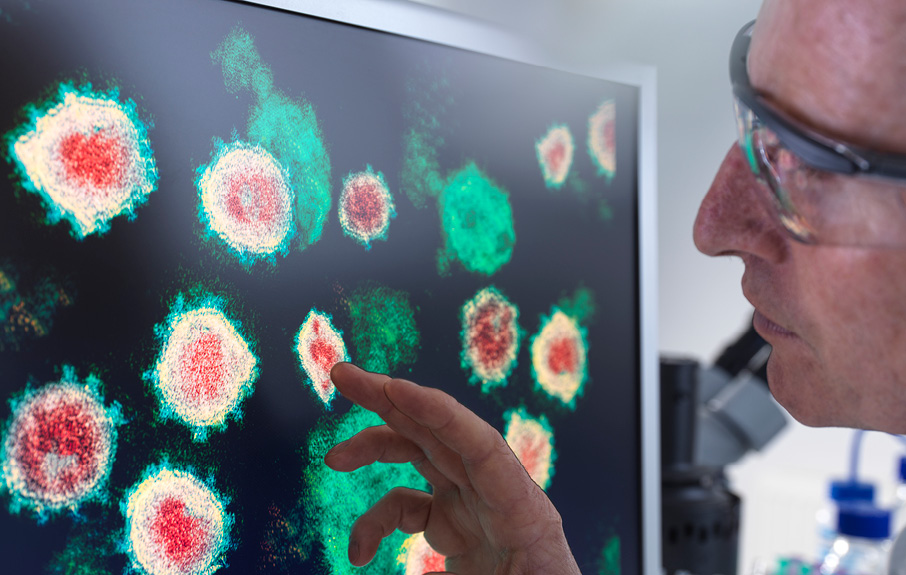While cancer’s visible symptoms capture our attention, it’s the invisible metabolic processes within cells that truly drive the disease. Cancer cells reprogram their metabolism to fuel rapid growth, resist treatments, and evade the immune system. Understanding these metabolic changes isn’t just academic curiosity; it’s the key to developing more effective, targeted therapies that can outsmart cancer at its most fundamental level
The challenge: Decoding cancer’s metabolic complexity

The solution: Real-time metabolic monitoring
Comprehensive metabolic profiling with Seahorse technology
Key capabilities for cancer research:
- Real-Time Metabolic Measurements: Monitor how cancer cells switch between different energy production pathways, revealing metabolic vulnerabilities that could be targeted therapeutically.
- Drug Response Analysis: Agilent Seahorse XF technology provides critical functional measurements in live cells to identify potential druggable gene and protein targets, and to validate their role in cancer cell proliferation, adaptation, and survival.
- High-Throughput Screening: The 96-well format enables researchers to test multiple conditions simultaneously, accelerating the pace of discovery in metabolic drug development.
Dynamic cell behaviour analysis with xCELLigence technology
Key advantages for cancer metabolism studies:
- Label-Free Monitoring: The xCELLigence RTCA instrument uses noninvasive electrical impedance monitoring to quantify cell proliferation, morphology change, and attachment quality in a label-free, real-time manner, allowing for continuous observation without disturbing cellular processes.
- Multi-Modal Analysis: Simultaneous impedance measurements and fluorescence imaging provide complementary data on cell viability, proliferation, and metabolic activity.
- Treatment Response Tracking: Monitor how cancer cells respond to metabolic inhibitors or combination therapies over extended periods, revealing both immediate and delayed effects.
- Morphological Changes: Observe real-time changes in cell morphology that accompany metabolic reprogramming, providing visual confirmation of cellular responses.
The Impact: Transforming cancer treatment
By combining these advanced technologies, researchers can now:
- Identify Metabolic Vulnerabilities: Discover specific metabolic pathways that cancer cells depend on for survival, revealing new therapeutic targets.
- Optimise Combination Therapies: Understand how metabolic inhibitors work in combination with traditional treatments, potentially improving efficacy while reducing side effects.
- Personalise Treatment Approaches: Characterise the metabolic profiles of different cancer types and subtypes, enabling more precise treatment selection.
- Accelerate Drug Development: Rapidly screen potential metabolic inhibitors and validate their mechanisms of action in relevant cellular models.
Your gateway to advanced cancer metabolism research
Our comprehensive support includes:
- Expert consultation on experimental design and methodology
- Technical training and ongoing support
- Method development and optimisation
- Data analysis and interpretation guidance
Ready to advance your cancer metabolism research?







